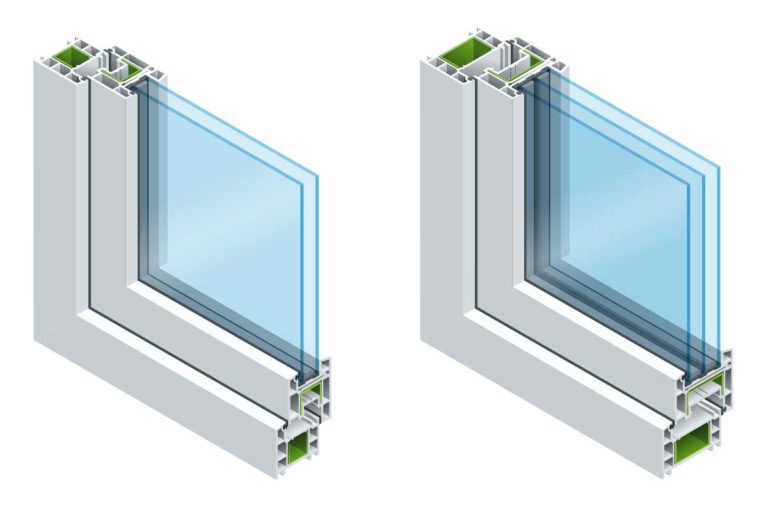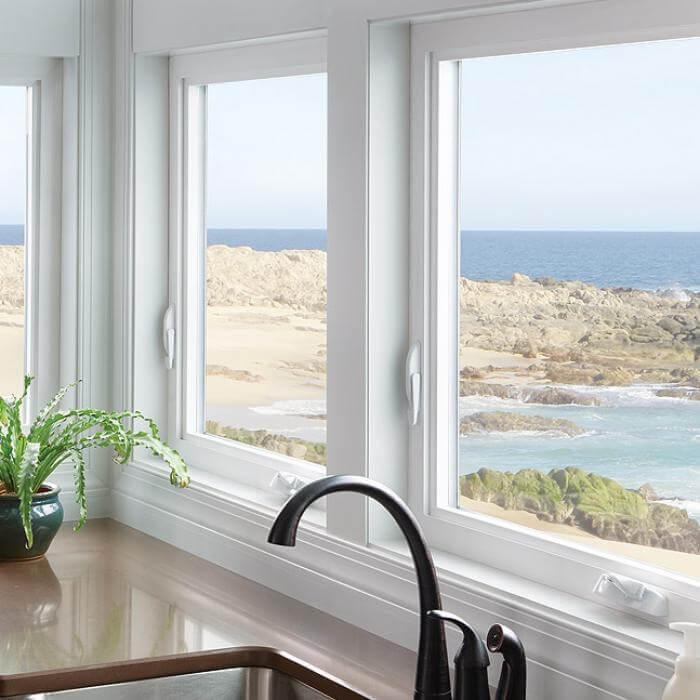How to Choose the Right Glass Thickness for Your Home Windows: Key Factors to Consider

Choosing the appropriate glass thickness for home windows and doors is crucial for both functionality and aesthetics. The thickness of the glass directly impacts insulation, safety, and noise reduction. Thicker glass generally provides better insulation, helping to maintain consistent indoor temperatures and reduce energy costs. It also enhances safety and security, as it is more resistant to breakage. However, thicker glass can be heavier and may require more robust framing, which could increase installation costs and complexity. When choosing glass thickness, it’s essential to balance these factors to achieve the desired performance and budget.

The purpose of the windows and their location in the home play significant roles in determining the appropriate glass thickness. For instance, windows in high-traffic areas or those facing busy streets may benefit from thicker glass to reduce noise and enhance privacy. In contrast, windows in less exposed areas might prioritize aesthetic factors such as clarity and light transmission. Additionally, homeowners should consider the type of glass, such as laminated or tempered, as these materials offer different benefits in terms of safety and durability. Laminated glass, for example, holds together when shattered, providing an added layer of security.
Energy efficiency is another critical consideration. In regions with extreme weather conditions, choosing glass with better insulation properties, such as double or triple glazing, is essential. These options consist of multiple layers of glass with insulating gas in between, significantly improving thermal performance. While they offer better energy savings and comfort, they also come at a higher cost. The tradeoff between initial investment and long-term savings on energy bills is a vital factor in the decision-making process. Consulting with a reputable windows supplier can provide valuable insights into the most suitable options for specific climate conditions.

Finally, homeowners should consider the environmental impact of their choices. Energy-efficient windows reduce the carbon footprint by minimizing the need for heating and cooling. Moreover, selecting durable glass and materials ensures longevity, reducing the need for replacements and the associated waste. It is important to work with a knowledgeable windows supplier who can offer guidance on the best products that align with both functional needs and environmental values. The right balance between aesthetics, performance, and sustainability will ensure that the chosen glass thickness enhances the overall quality of the home.







